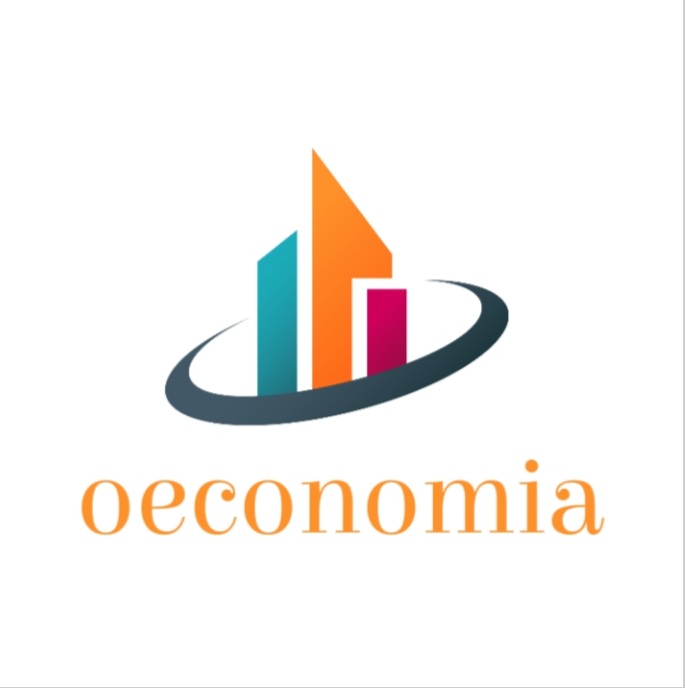
The term liberalism is used to denote the intellectual and philosophical doctrine that calls for the spread of political and individual freedoms. The concept of freedom remains the central idea upon which liberalism is based, which makes some describe it as the doctrine of freedom.
The term economic liberalism first appeared in England in the late eighteenth century, and the term, at the time, was used to denote an economic doctrine based on the principles of private property, individual initiative, freedom of work, movement and competition.
Historical context:
In the 18th century, voices began against the mercantilism, the economic system that dominated the world in that time. One of first economists who decided to think out of the box and suggest alternatives was tge Scottish Adam Smith, who is considered as the founder of economic liberalism, with his book “Wealth of Nations ” (1776). He was probably the first one who proposed market liberalization, he refused protectionism and called for free trade between nations, he also criticized government intervention in the economy and came up with his “Invisible hand theory ” according to which the individual actions of economic actors, guided solely by the personal interests of each, contribute to collective wealth without the need for planned economics controlled by the government.
By the 70s of the 19th century, especially with the publication of Carl Menger’s “Principles Of Economics ” the so-called “Austrian School” is founded, and with its main representatives are Carl Menger, Eugen von Böhm-Bawerk, Ludwig von Mises, Friedrich Hayek, Murray Rothbard and Jesús Huerta de Soto (etc.) will become among the most prominent defenders of liberalism. Its supporters defend very liberal ideas in economic matters and more generally in the organization of society. And they were best known for their liberal political positions, which condemn state intervention in the economy
Principles of economic liberalism:
– Freedom: Liberalism claims that when economic freedoms are available (freedom of ownership, initiative, work, and movement), it is sufficient for each member of society to pursue his own interest in order for the general interest of society to be automatically realized.
Accordingly, liberal economists consider that the social bond between people is an economic link, and that the natural order within society is an economic system based on the exchange of benefits between individuals. As a result, it stresses the need for politics to submit to this system.
Social order according to the liberal view is not based on the prior will of rational, regular individuals within a society, but rather on the mere selfish pursuit of each individual’s self-interest. Preserving this social order requires guaranteeing the economic freedoms of people and enabling them to pursue the unlimited pursuit of their selfish interests.
These interests are capable of interacting with each other and fusing in a collective interest, without this being premeditated and deliberate, or by conscious will on the part of community members.
– Free trade: reduce barriers to imports and exports between countries by decreasing or canceling government tariffs, this provides multiple choices on the market and reduces prices which is beneficial for the consumer and encourages consumption.
– Free and fair competition: businesses compete for customers, if this competition is free and fair the result will be better products at lower prices.
– Private ownership of capital assets: ownership of property and capital by non-governmental legal entities, with freedom to dispose of it ( Under a legal framework).
– Limited government intervention: liberals criticize government intervention in the economy and calls for the adoption of Adam Smith’s ” laissez-faire” approach instead of planned economy.
Advantages of economic liberalism:
– Increase wealth: by allowing everyone to contribute to the economic process instead of a economy fully dependent on the government.
– Open competition between business leads to better quality and reduces prices.
– Customers Drive choices: free trade provides a variety of offers on the market and gives the consumers multiple choices. Variety of offers also leads to decreasing prices.
– Inspires innovation: liberal economy gives entrepreneurs freedom to innovate new ideas and come with new products and services that respond to the customers’ needs instead of depending on the governmental agencies standards.
Limitations of economic liberalism:
– Capital monopoly and accommodate poverty and inequality
– Danger of profit motive: while businesses are focused on their main goal, which is profit, they may sacrifice some important things like: workers safety, environmental standards,…
– Market failures: many of market the world has known were stimulated by a minimal government intervention and businesses seeking short-term profit instead slow and steady gains
Emerged in the 18th century as an opposition to mercantilism, economic liberalism is still today one of dominating economic systems in the world. It remains a topic of great debate among field experts.
